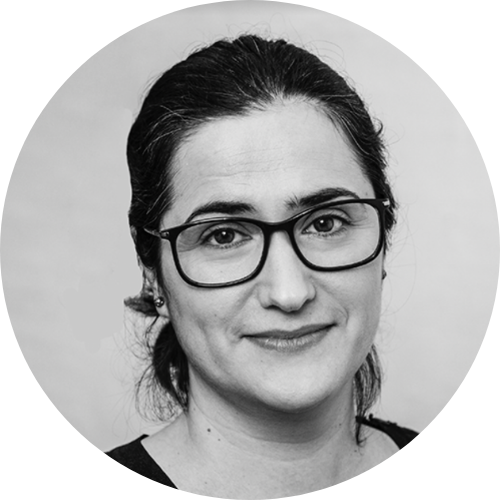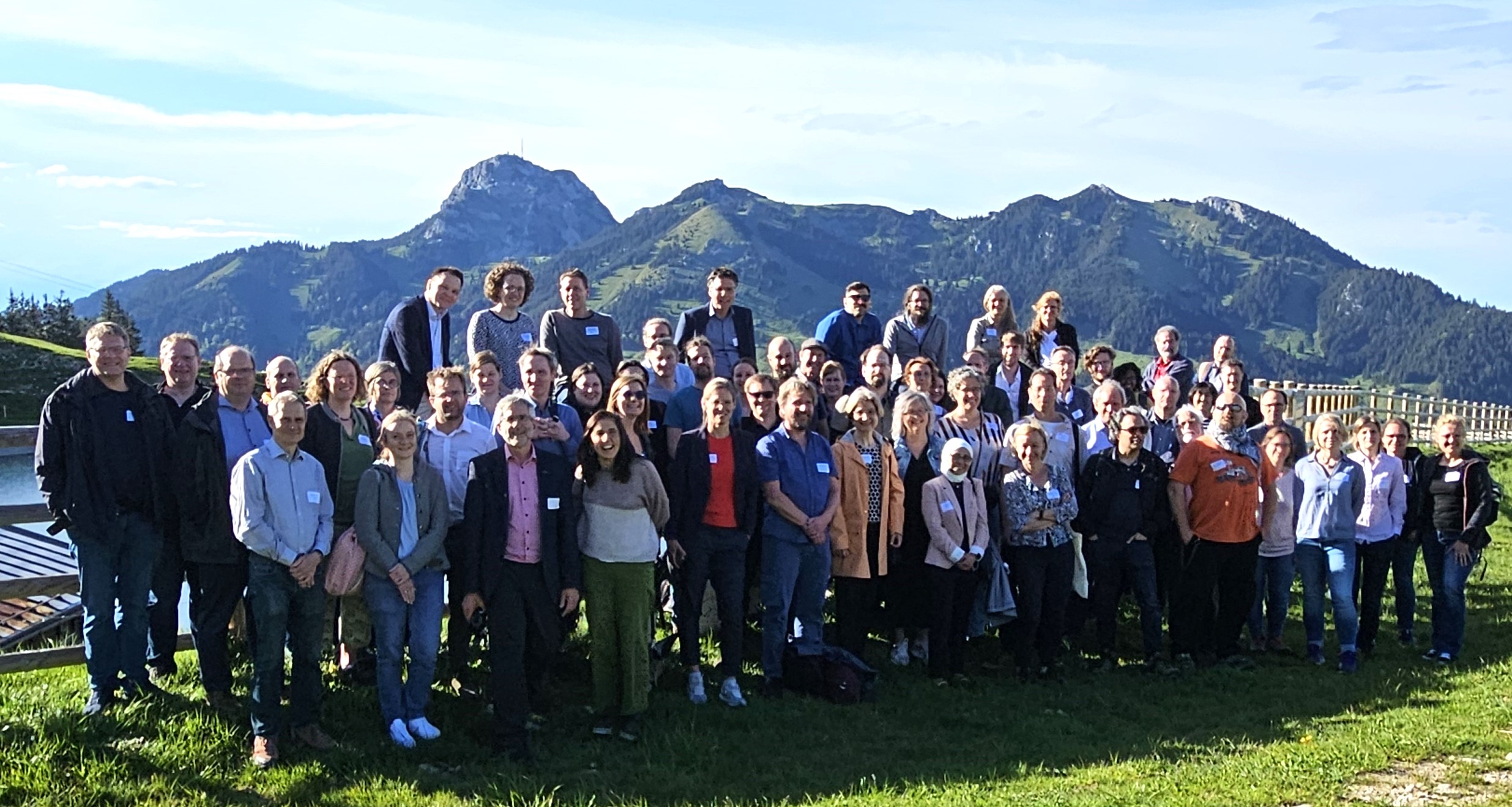Proceedings and videos of keynotes The conference proceedings and recorded keynote videos from the 12th…
Aida Guerra, Aalborg University, Denmark

My research interest in Education for Sustainable Development and Problem Based Learning (PBL) started in my master degree and “got rooted” during my PhD studies on Engineering Education for Sustainable Development and PBL. It is almost impossible to talk about educating the next generation of engineers without talking abouthow to educate them for sustainability, and the knowledge, skills, attributes, and values needed to create a more just and sustainable future for all. It is not only about having a deep knowledge of technical knowledge, and complex problem solving, but also holistic and contextual understanding of the impacts and limitations of the technical solutions. Education for sustainable development is problem-oriented, interdisciplinary, contextual, collaborative and participatory, emancipatory and action-oriented. PBL is proven a suitable learning approach to educate for sustainability due to shared principles such as the ones mentioned which enables not only educating for the professional setting but also to address social and environmental challenges (Guerra, 2017; Guerra & Holgaard, 2019; Servant-Miklos & Guerra, 2020).
Recently, I have been investigating engineering students and their engagement towards sustainability. Undoubtedly, students are aware of the sustainability crisis and the associated problems, which they will have to face in the future and as part of their professional practice. They are also more active and engaged in understanding what roles they play as engineers and citizens, and how they can contribute to solving these problems. Literature refers to two main broad levels when it comes to students’ involvement and interest for sustainability: awareness and engagement. Awareness seems to focus on what is known about sustainability, whilst engagement focuses on what is acted. Engagement also highlights the existence of the value-action gap and that the activities student engage with go beyond the formal curriculum and learning environment (see for example, Brugmann et al., 2019; Chaplin & Wyton, 2014; Emblen-Perry, 2018; Malik et al., 2019; Msengi et al., 2019) . At Aalborg University, PBL is implemented at a systemic level and teams of engineering students learn by solving real problems through projects throughout their entire education. This provides an opportunity for students and supervisors to work sustainability by integrating it in their projects. Every semester the projects reported are uploaded in a project database, the Aalborg Project Library. Using this database, 17,610 project reports, written between 2012-2016, have been listed and screened for the presence of sustainability. The results show that 1590 projects relate to sustainability, that its integration increased over the years, and that the predominant focus is environmental sustainability (Aalborg University, 2015; Guerra & Smink, 2019). Additionally, several organisations are proof that engineering students are driven, and capable to use their engineering knowledge, create opportunities and act in diverse contexts, showing their agentic behaviour towards sustainability. See for example the engineers without borders, or the Students Organisation for Sustainability (SOS). Furthermore, a global survey carried out by the Students Organising for Sustainability (SOS) International in 2020, where more than 100 institutions participated and 7000 answers were collected, discloses that students are worried about sustainability, especially climate change and want to see this reflected in their education. They also show that 92% agree that sustainable development is something, which all universities and colleges should actively incorporate and promote; and that 40% reported a low or no coverage of sustainable development concept in their course curriculum (SOS, 2020).
Given the above, my aim is to understand why students present different types of engagement and agentic behaviour towards sustainability. What opportunities PBL provides to students to develop their agentic behaviour for sustainability. The UN’s Youth Pact for 2030 envisions that “every young person is empowered to achieve their full potential; and that recognizes young people’s agency, resilience and their positive contributions as agents of change” (United Nations, 2018). This is a vision I share, that is why I make engineering education, PBL and students central in my research: education is about them, for them and developed with them. I strongly believe that by understanding our students’ motivations, learning experiences, attitudes and values towards sustainability we can better create the spaces they need and learning environment for them to act, and therefore fulfil their full potential. It is not only about “knowing” about engineering and sustainability, it is also about “being” and “continuously becoming” an engineer throughout one’s life.
For more information on Aida Guerra’s projects: https://vbn.aau.dk/en/persons/aida-o-pereira-de-carvalho-guerra/projects/
